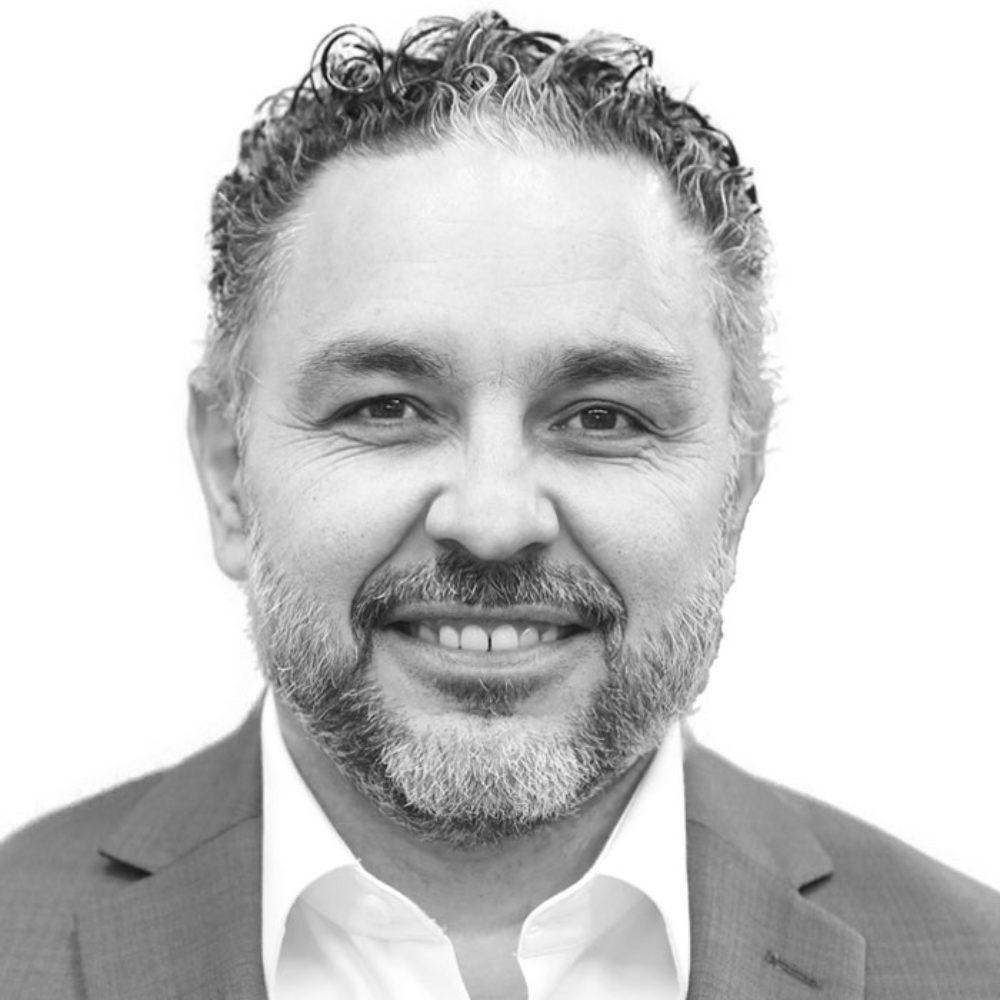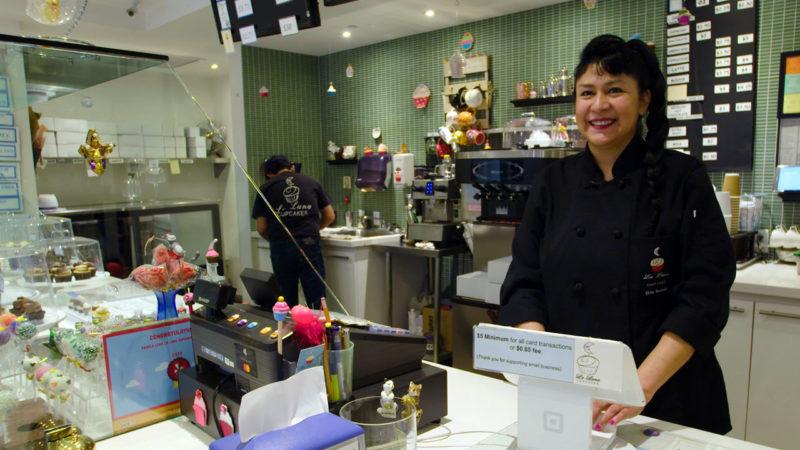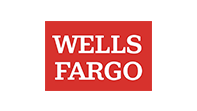'The People We Serve Are in Effect Financially Invisible'
Viewpoints: For the 63 million unbanked and underbanked people in the U.S., the cost of living in the financial shadows is tremendous and further compounded by the COVID-19 pandemic, writes José A. Quiñonez, founder of Mission Asset Fund.
'The people we serve are in effect financially invisible'
I was born in Mexico and came to the U.S. as a young boy. We were undocumented and could only work odd jobs at the local flea market to make ends meet. For many years, we lived in the shadows of society, afraid of being caught, detained, and deported. This fear permeated every aspect of our lives until 1986, when President Ronald Reagan signed an amnesty bill granting immigrants like us permission to come out in the full light of day.
While it’s hard to imagine today, with just a stroke of a presidential pen, the lives of more than 3 million people changed overnight, casting away dark shadows on our lives and allowing us to live up to our full potential. Looking back today, I can say without hesitation that my entire professional career could not have been possible if not for amnesty.
Mission Asset Fund's vision — that financial security is foundational to every dream realized — speaks directly to me as an immigrant who experienced poverty at an early age. This vision has been at the core of our mission since MAF was founded in 2007 in San Francisco.
As we set out to design MAF’s services, we grappled with how to create programs that help people achieve financial security when many do not have access to the most basic financial products like checking or savings accounts, credit scores, or credit reports. In addition to low wages and uneven incomes, the people we serve are in effect financially invisible, making it that much harder to move out of poverty and live financially secure lives.
Without a credit score, our clients cannot get loans to buy cars, capitalize their small businesses, or even get apartments and jobs. And those with poor credit are relegated into subprime and high-cost products, like payday and auto title loans designed to entrap people in cycles of debt.
It turns out, these are not unique problems for MAF clients — the Consumer Financial Protection Bureau found that 45% of people living in low-income communities are credit invisible, while 63 million people across the country are unbanked or underbanked. The cost of living in the financial shadows is tremendous, as low-income consumers end up spending nearly 10% of their income on fees and interest to use the high-cost financial services they can access.
In 2008, as the country was sliding into the Great Recession and millions of people were losing jobs and access to credit, we turned to the community for solutions and created Lending Circles — a culturally relevant program grounded on the age-old tradition of people coming together to lend and borrow money together.
Working with nonprofits across the country, MAF’s Lending Circles program offers zero-interest, credit-building loans, financial education, and the tools to help people save money, pursue financial goals, and improve their financial well-being. By making regular on-time payments to the Lending Circle, members can build a positive credit history with all three major credit bureaus.
Since launching, Lending Circles has helped more than 13,000 people overcome financial barriers and improve their financial lives, and 90% of clients who walk in the door without a credit score establish one by the end of their Lending Circle. On average, Lending Circles participants increase their credit score by more than 120 points by the end of the program, with the average score among the formerly credit invisible being more than 600.
Through this work, we have learned that people’s financial lives are complex, particularly for those who have low wages and uneven incomes. Immigrant families have additional layers of complexity. The current political environment and the unprecedented COVID-19 pandemic have created a tremendous amount of pain and uncertainty in people’s financial lives that makes daily survival, let alone long-term planning, saving, and investing, that much more challenging. We actively listen to those we serve to understand their realities and the complexity for what it is, so that we can be thoughtful in developing relevant solutions that help low-income and immigrant families across the country become visible, active, and successful in the financial mainstream.
And in so doing, we’re embracing the fact that no one product, nor one institution, nor one policy can solve the complex problems people face in the financial marketplace. Rather, only through intentional collaborations and meaningful partnerships can we achieve financial inclusion. With the support of a $650,000 grant from the Wells Fargo Foundation, we are deepening our partnerships with community-based organizations that have trust and standing with the people we are aiming to serve. In the coming months, we are collaborating with local nonprofit organizations to expand Lending Circles even further and help more people secure their financial lives and realize their dreams.
Elvia Buendia was able to start her business, La Luna Cupcakes, with the help of a loan from Mission Asset Fund’s Lending Circles program. Visit Wells Fargo Stories to watch the video.
Banding together in times of crisis
In the current COVID-19 reality, our work takes on a new urgency. Soon after the stay-at-home orders were given in March, we heard from clients anxious about losing income, not knowing how they were going to pay rent, buy food, and keep up with their monthly bills. We felt their concern and moved quickly to lift up a Rapid Response Fund in partnership with Wells Fargo and other philanthropic leaders, providing direct cash assistance to low-wage workers, students, and immigrant families who had been left out of the CARES Act relief.
To date, we’ve provided $500 unrestricted grants to more than 25,000 people to help them weather the storm.
At every step, we rely on our values to guide us, actively and intentionally listening to clients and centering solutions on their lived experiences and needs. As we look ahead, we will continue to rely on our values and clients to guide us. This year has already held remarkable change for so many people, and the landscape will inevitably change further. Our path forward will continue to come from the experts themselves — the people we work with — who know their realities better than anyone else.
Learn more about Mission Asset Fund’s COVID-19 Rapid Reponses Fund and make a donation to help more people get resources and emergency relief.



